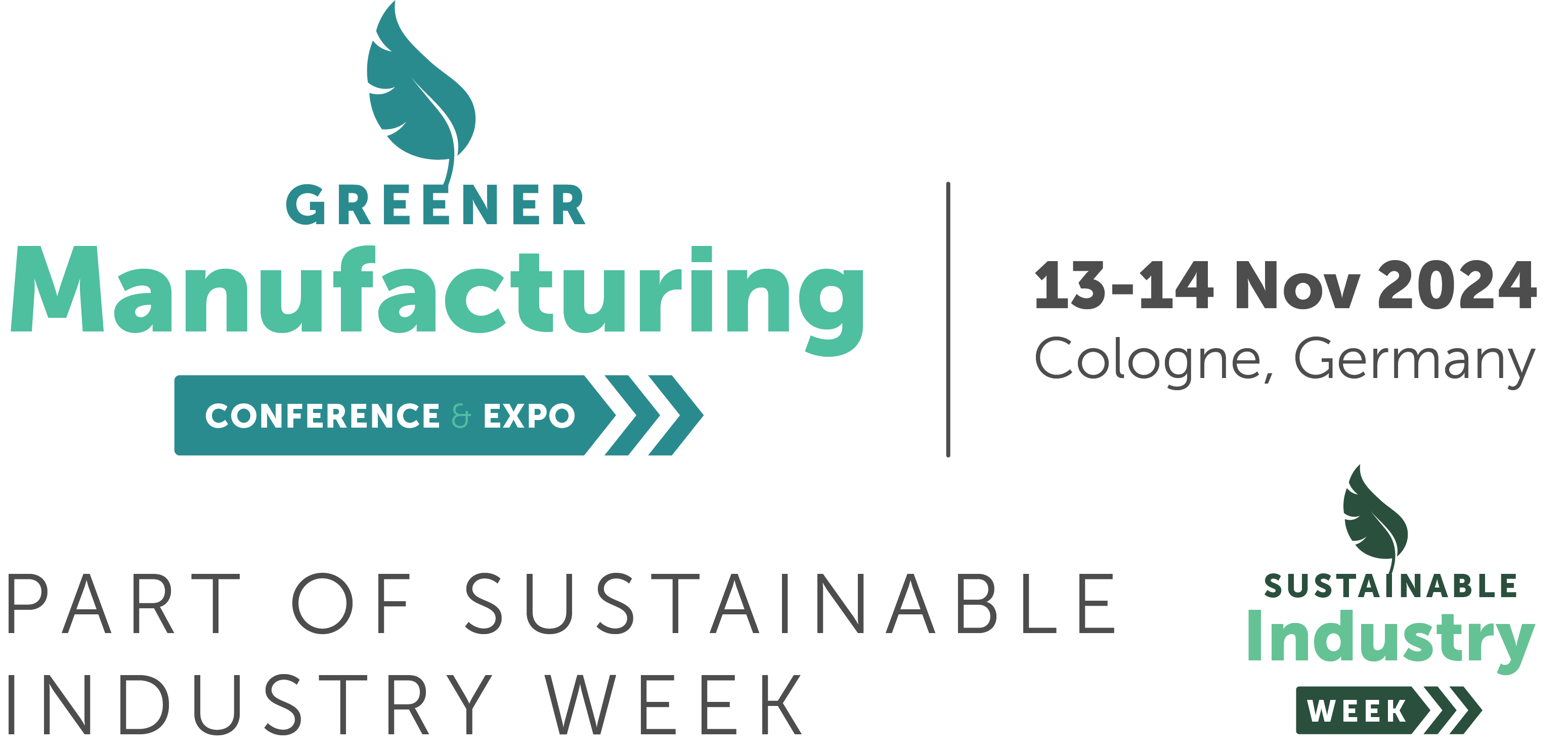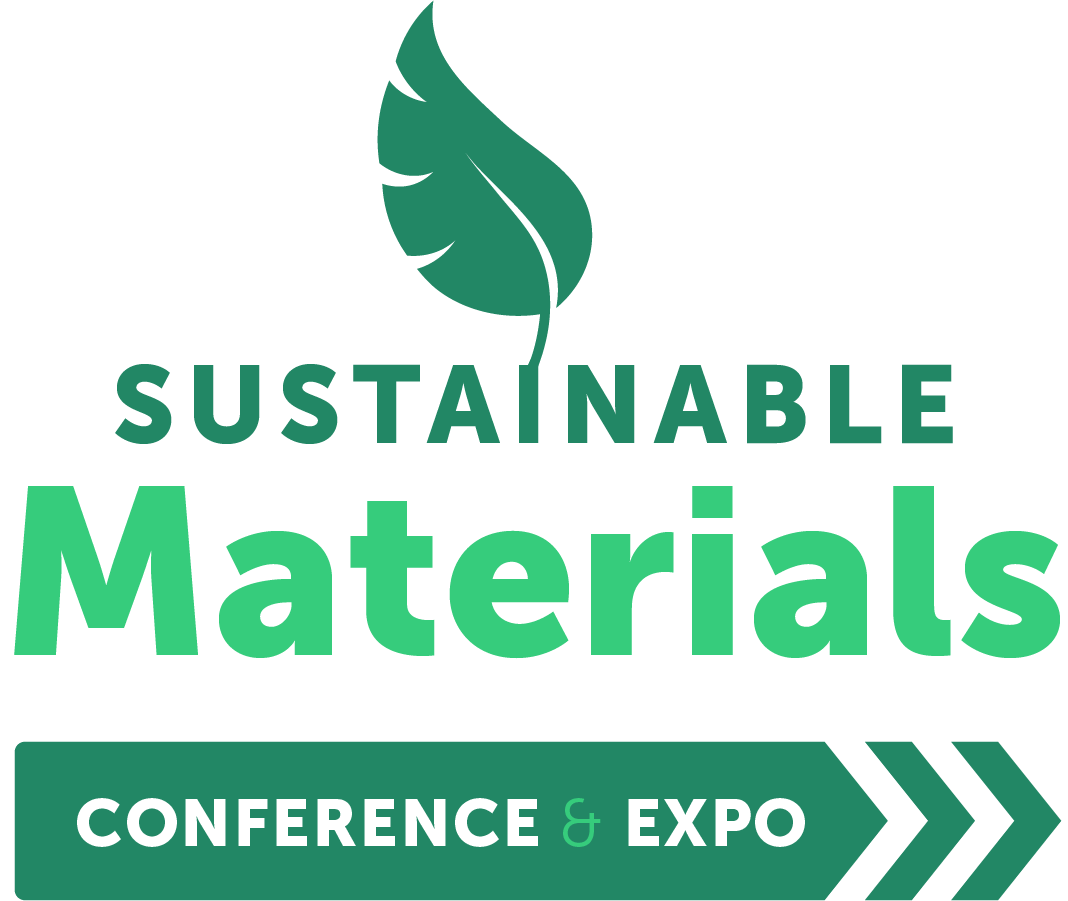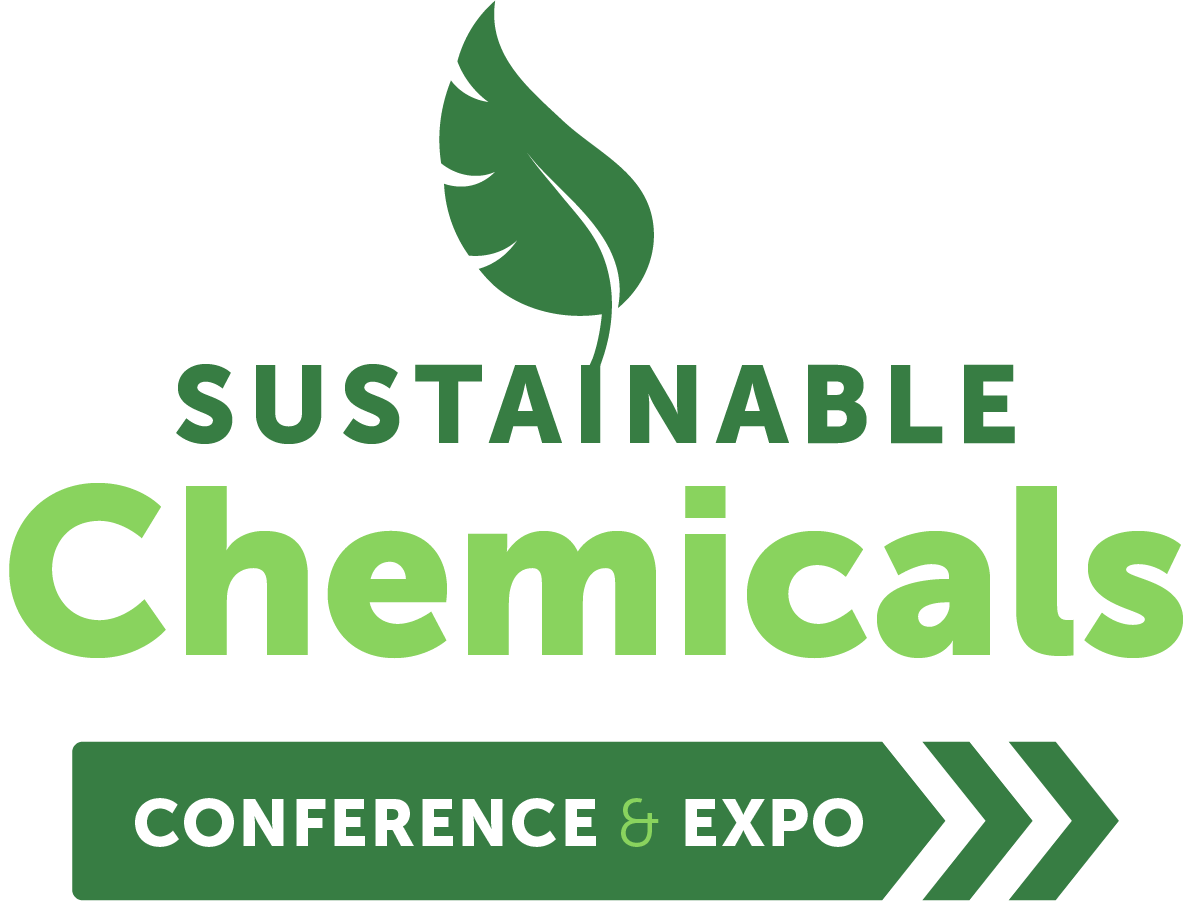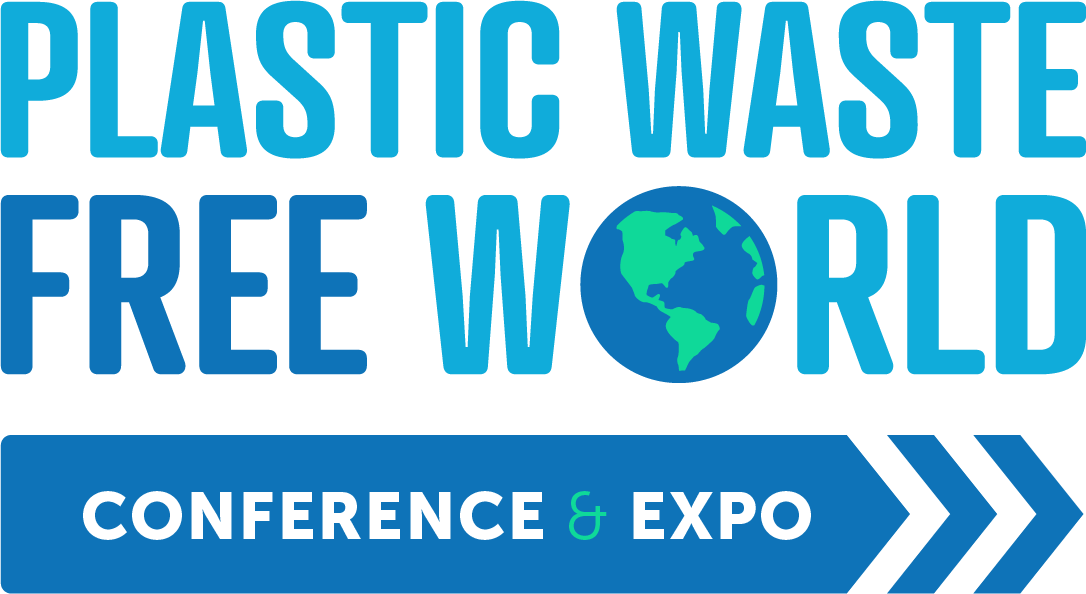Cooke Aquaculture Scotland deploys second hybrid feed barge to continue the reductions in Co2 emissions and fuel usage
)
After the successful installation of its first hybrid system at its Mill Bay site in Stronsay, Orkeney in 2022, Cooke Aquaculture Scotland has announced that an additional barge is due to be installed, which will continue to reduce Co2 emissions and will aid and improve power supply management.
The first installation has displayed positive results and has had a significant impact on the reduction of fuel consumption and therefore greenhouse gas emissions. Throughout its first year the site turned out results of reducing fuel consumption by 40% which impacted the green house gas emissions and fuel usage, reducing both. The other benefits of using this hybrid barge is that it makes the area a quieter work environment which is an excellent advantage for the surrounding community.
The hybrid system operates through utilising the residual capacity from the generator to charge the batteries, whilst simultaneously the auxiliary diesel generator provides electricity to the rest of the facility. On top of this, through their partnership with Fjord Maritime, the Norwegian sustainability leaders, the developers of the hybrid technology, Cooke are working on reducing fuel usage and generator running time, improving their project further and continuing their commitment to sustainability.
The Managing Director for Fjord Maritime UK, Steve Burns, commented, “To invest and upgrade existing barges with green technology that optimise energy production, reduces fuel consumption, reduce noise pollution and reduce GHGs, is sustainability in every way. It shows that Cooke continue their sustainability commitment, improving quality, energy optimisation and environmental performance.”
The North Isles Manager for Cooke Aquaculture Scotland’s Orkney sites, Stewart Rendall, said, “This second hybrid system installation at our Vestness barge is a significant investment and one that makes economic and environmental sense. Introducing it to more of our ocean sites shows our commitment to sustainability. Farm-raised salmon already have the lowest carbon footprint of any animal protein but there is always more we can do to minimise any impact. This one barge is expected to achieve carbon savings of approximately 146 tons of CO2 every year, the equivalent of removing 55 cars from our roads every year.”





